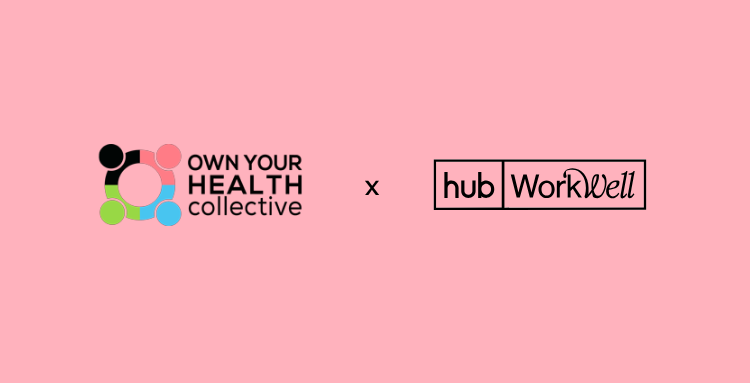For many freelancers and small business owners, the mere mention of “end of financial year” can conjure anxiety and dread – largely at the thought of preparing a tax return.
Chasing invoice payments and sorting through a myriad of expense receipts can be time-consuming and stressful, at a time when freelancers would much rather be focussing on servicing clients and delivering work.
This is a scenario which was often all too familiar for Rounded.com.au founder and career freelancer Grant McCall.
“Every quarter and financial year I found myself trawling through bank statements, hacking up spreadsheets and looking for lost receipts. I had no idea how much money I’d made, how much tax or GST I owed and how much money I’d have left. My records were a mess.”
Grant spent a lot of time looking for a solution though none really fit the bill for a freelancer.
“I found that the established accounting apps were just overkill, too expensive and designed for larger companies. They just didn’t resonate with a creative freelancer. Then there were a bunch of fragmented apps that only did one thing like invoicing or time tracking, and they were usually international and didn’t really work in Australia.”
Grant soon realised, with 3.7M people a year in Australia doing some kind of freelance work, he couldn’t be alone in facing this problem. So he set about trying to solve it himself – and thus Rounded.com.au was born.
As the end of financial year approaches once again, Grant shares some tips on how to manage a freelance business so tax time is as easy as possible:
Get a separate bank account for your business
The majority of Freelancers have a single bank account for both their personal and business transactions. At first, this may seem convenient but isolating business from personal transactions at tax time is like finding needles in a haystack.
Opening a separate account for your business is perhaps the best thing you can do from an accounting perspective and it’s relatively painless to do online with Ubank.
Pay a quarter of every invoice straight to the ATO
In the past, I’ve been caught out a few times when my tax bill was higher than I expected.
Eventually, I got into the habit of transferring 25% of every invoice to the ATO via BPAY as soon as I got paid. After my expenses were taken into consideration a lot of the time I’d actually be in credit with the ATO.
I know that 25% could have been invested temporarily but I found the peace of mind more valuable than the often negligible interest I could have earned.
Track your expenses
Expense tracking is often overlooked throughout the year and quickly hacked together and estimated at the end. Accurate expense tracking can cut your tax bill substantially. Any decent accounting app should have the ability to record expenses on your phone and snap photos of the receipts.
Get it done on time
Having an overdue BAS or tax return looming over your head is an awful feeling and the ATO are unforgiving when it comes to deadlines – especially with BAS. For every 30 days your BAS is late, they’ll slug you $180. Make sure your current postal address is registered with the ATO too, as they still think it’s normal to send important documents and warnings via snail mail.
Worth noting here is the benefit of lodging your tax return through an accountant, instead of the regular October 31 deadline you’ll get a handy extension until May of the following year.
Pay yourself super
If you’re self-employed it’s up to you to make contributions to your superannuation.
Like expense tracking it’s very easy to neglect. Super contributions come with a bonus for those who are self-employed – every dollar you contribute up to $30,000 a year is a tax deduction. I manage my super through ING.
Stop using spreadsheets and switch to dedicated software that’s right for you
While spreadsheets are free and ubiquitous, for the uninitiated they’re cumbersome, take a lot of effort to set up and you’re unlikely to use them consistently throughout the year.
While it can be challenging to embrace change and create new habits, switching to an accounting app that’s right for you and your business will pay for itself many times over.





